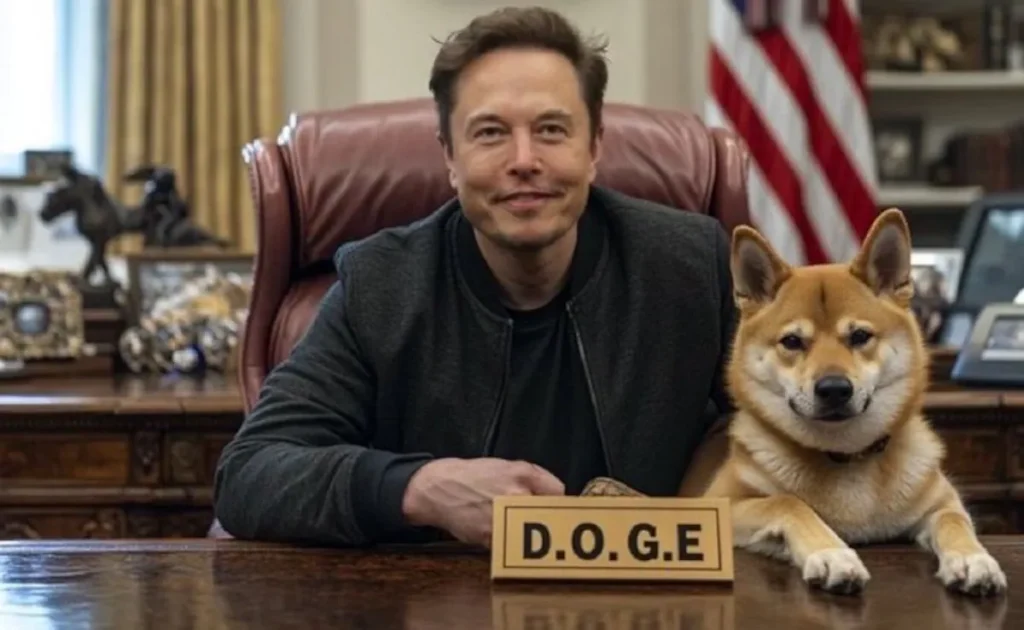Elon Musk’s new Department of Government Efficiency (DOGE) has become the center of a legal battle, with multiple states raising concerns over its constitutionality and authority. The department was established to implement major cuts in the U.S. federal government, aiming to streamline operations, reduce waste, and save taxpayer money, with Musk himself at the helm. However, the legal issues surrounding DOGE have sparked significant debate about the limits of executive power and the oversight of such drastic measures.
The central challenge lies in the fact that the department was not created through Congressional approval. As it stands, the department’s sweeping powers to fire federal workers and access sensitive data have been questioned by the states, who argue that these actions violate constitutional principles and go beyond the intended scope of the president’s authority. A key legal issue is whether the president has the unilateral power to institute such changes without Congressional consent or whether this represents an overreach of executive powers.
In early February 2025, a U.S. District Judge, Tanya Chutkan, ruled not to immediately block DOGE’s operations but indicated that the states’ claims would be reviewed in greater detail. The judge stated that the states had a valid concern but ultimately denied their request for an injunction, saying it was too broad and speculative. As the case continues to unfold, its outcome could have significant ramifications on the limits of presidential authority and how future administrations might implement major reforms in government agencies.




